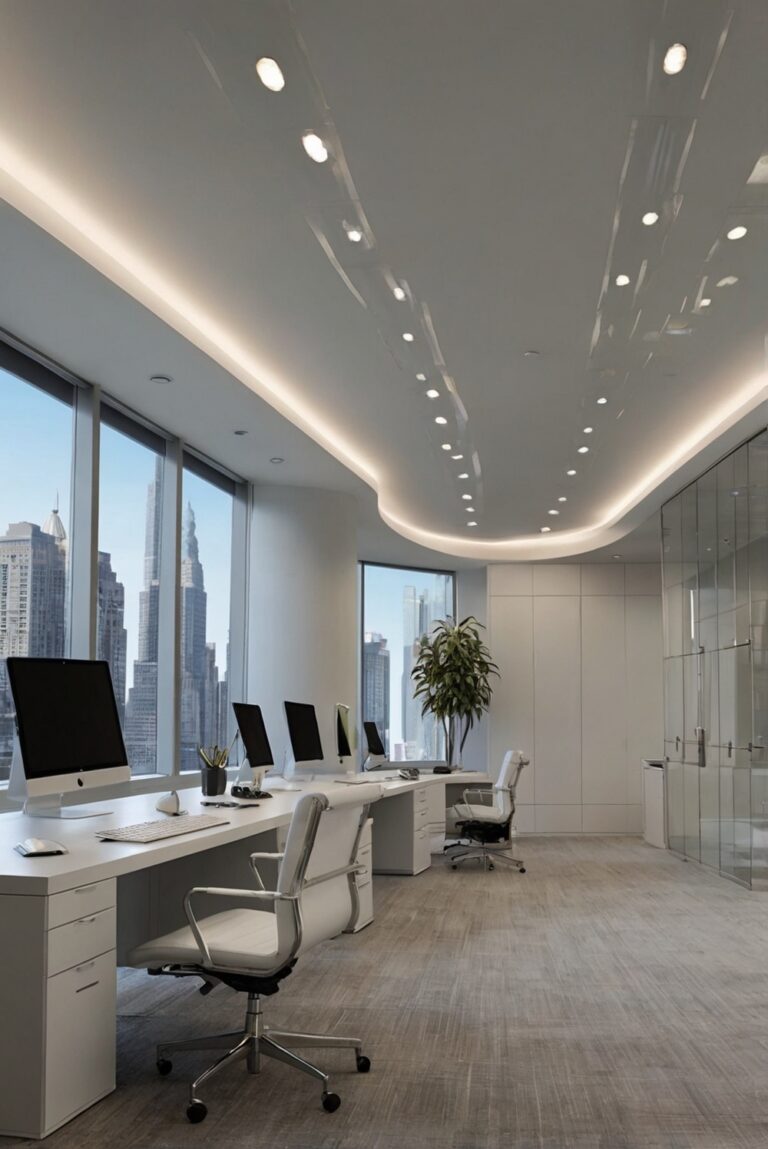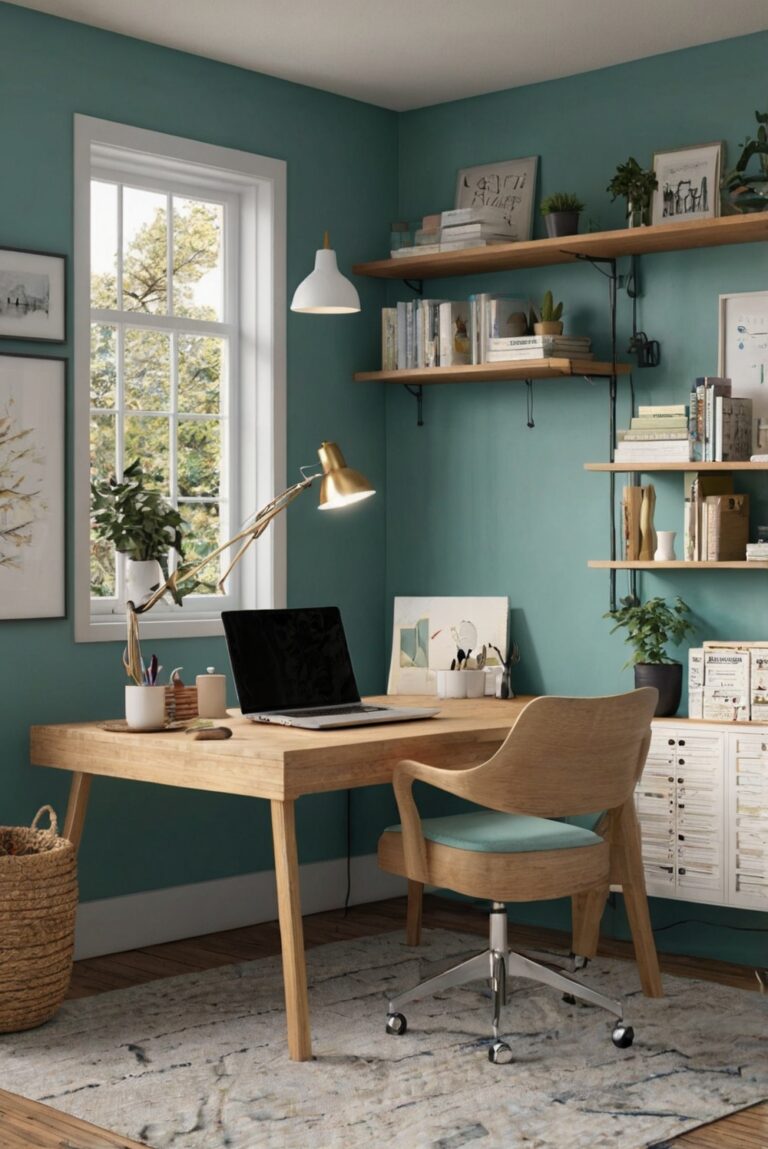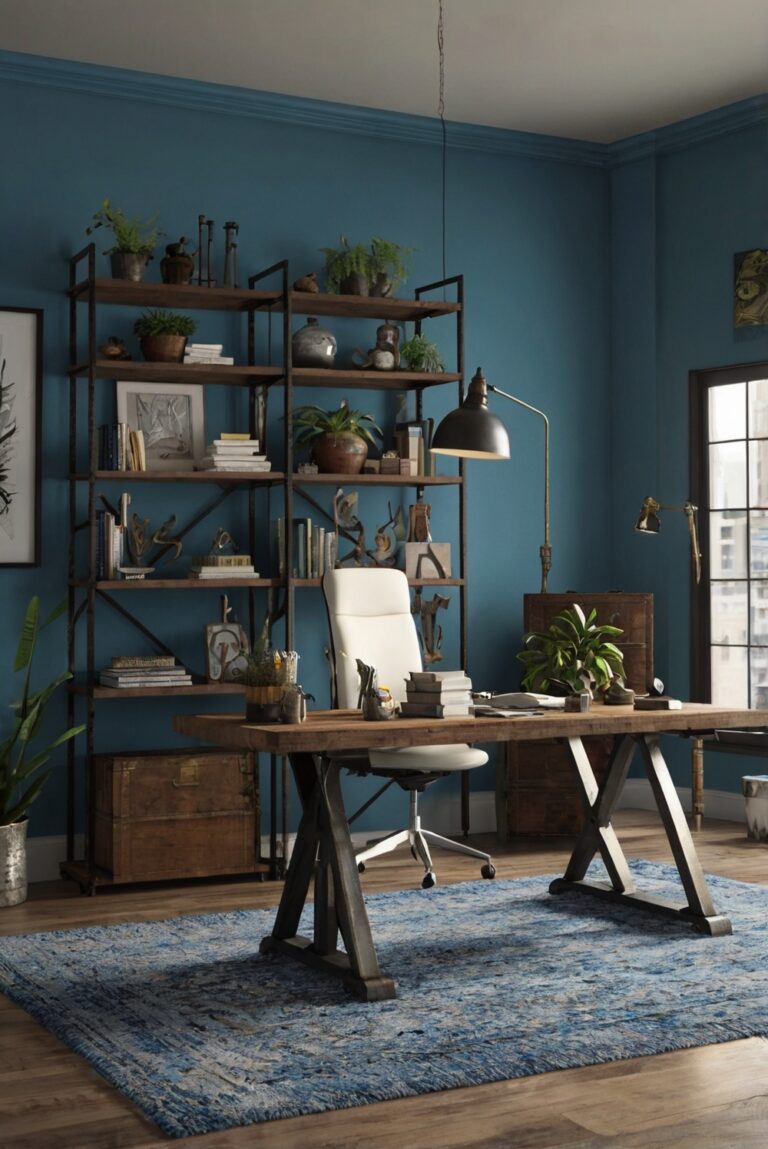Explore sustainable tile options for your home office renovation! Incorporating eco-friendly materials can enhance the aesthetic of your space while reducing your carbon footprint.
**
What Are Some Eco-Friendly Tile Options for Sustainable Home Offices?
**
**
Eco-friendly tile options for sustainable home offices include:
**
– **Cork Tiles:** These are sustainable and provide a comfortable surface for home offices.
– **Bamboo Tiles:** Made from renewable materials and can bring a natural look to your office space.
– **Reclaimed Wood Tiles:** Repurposed wood tiles are both eco-friendly and stylish for home offices.
– **Recycled Glass Tiles:** Great for adding a unique touch to your office while being environmentally friendly.
Consider these options for a sustainable home office that is both stylish and eco-friendly.
What Are Some Eco-Friendly Tile Options for Sustainable Home Offices?
When creating a sustainable home office, choosing eco-friendly tile options can help reduce your carbon footprint and promote a healthier environment. Here are some eco-friendly tile options to consider:
Bamboo Tiles:
Bamboo tiles are a popular choice for eco-friendly flooring due to their sustainability and durability. Bamboo is a fast-growing renewable resource that can be harvested without causing harm to the environment. Bamboo tiles come in a variety of styles and colors, making them a versatile option for home offices.
Cork Tiles:
Cork tiles are another eco-friendly option for home offices. Cork is harvested from the bark of cork oak trees, which can regrow after harvesting, making it a sustainable material. Cork tiles are comfortable to walk on, provide insulation, and are resistant to mold and mildew.
Recycled Glass Tiles:
Recycled glass tiles are made from post-consumer glass, such as glass bottles and windows, making them a sustainable choice for eco-conscious homeowners. These tiles come in a variety of colors and styles and can add a unique touch to your home office.
Conclusion:
Choosing eco-friendly tile options for your sustainable home office is not only beneficial for the environment but also for your health and well-being. Bamboo, cork, and recycled glass tiles are just a few of the sustainable options available to help you create a stylish and eco-friendly workspace.
1. What are some popular eco-friendly tile options for sustainable home offices?
Some popular eco-friendly tile options for sustainable home offices include bamboo, cork, recycled glass, and reclaimed wood tiles. These materials are sustainable, renewable, and have a lower environmental impact compared to traditional tiles. Bamboo tiles are durable and water-resistant, while cork tiles are soft, comfortable to walk on, and have natural insulation properties. Recycled glass tiles are made from post-consumer glass waste, reducing the need for new raw materials. Reclaimed wood tiles give a rustic and unique look to home offices while promoting sustainability by repurposing old wood.
2. How do eco-friendly tiles contribute to sustainable home offices?
Eco-friendly tiles contribute to sustainable home offices by reducing the environmental impact of the building materials used in the space. Traditional tiles are often made from non-renewable resources and can have a high carbon footprint. In contrast, eco-friendly tiles are made from sustainable materials like bamboo, cork, recycled glass, and reclaimed wood, which are renewable, recycled, or repurposed. By choosing eco-friendly tiles for home offices, individuals can lower their carbon footprint, support sustainable practices, and create a healthier indoor environment.
3. What are the benefits of using eco-friendly tiles in home offices?
Using eco-friendly tiles in home offices offers several benefits, including lower environmental impact, improved indoor air quality, and a unique aesthetic appeal. Eco-friendly tiles are made from sustainable materials that reduce the depletion of natural resources and minimize waste generation. These tiles also do not emit harmful chemicals or volatile organic compounds (VOCs), contributing to better indoor air quality and a healthier workspace. Additionally, eco-friendly tiles come in a variety of styles, colors, and textures, allowing individuals to create a personalized and sustainable design for their home offices.
4. How can individuals incorporate eco-friendly tiles into their home office design?
Individuals can incorporate eco-friendly tiles into their home office design by considering the material, color, pattern, and placement of the tiles. When choosing eco-friendly tiles, individuals should opt for sustainable materials like bamboo, cork, recycled glass, or reclaimed wood that align with their environmental values. They can select tiles in neutral or vibrant colors, subtle or bold patterns, and various sizes to create a visually appealing and functional space. By strategically placing eco-friendly tiles on floors, walls, or backsplashes, individuals can enhance the sustainability and aesthetics of their home offices.
5. Are eco-friendly tiles cost-effective for sustainable home offices?
While eco-friendly tiles may have a slightly higher upfront cost compared to traditional tiles, they can be cost-effective in the long run for sustainable home offices. Eco-friendly tiles are durable, long-lasting, and low-maintenance, reducing the need for frequent replacements or repairs. Additionally, these tiles offer energy-saving benefits such as natural insulation, which can lead to lower heating and cooling expenses over time. By investing in eco-friendly tiles for sustainable home offices, individuals can create a eco-conscious workspace that promotes environmental responsibility and long-term cost savings.







